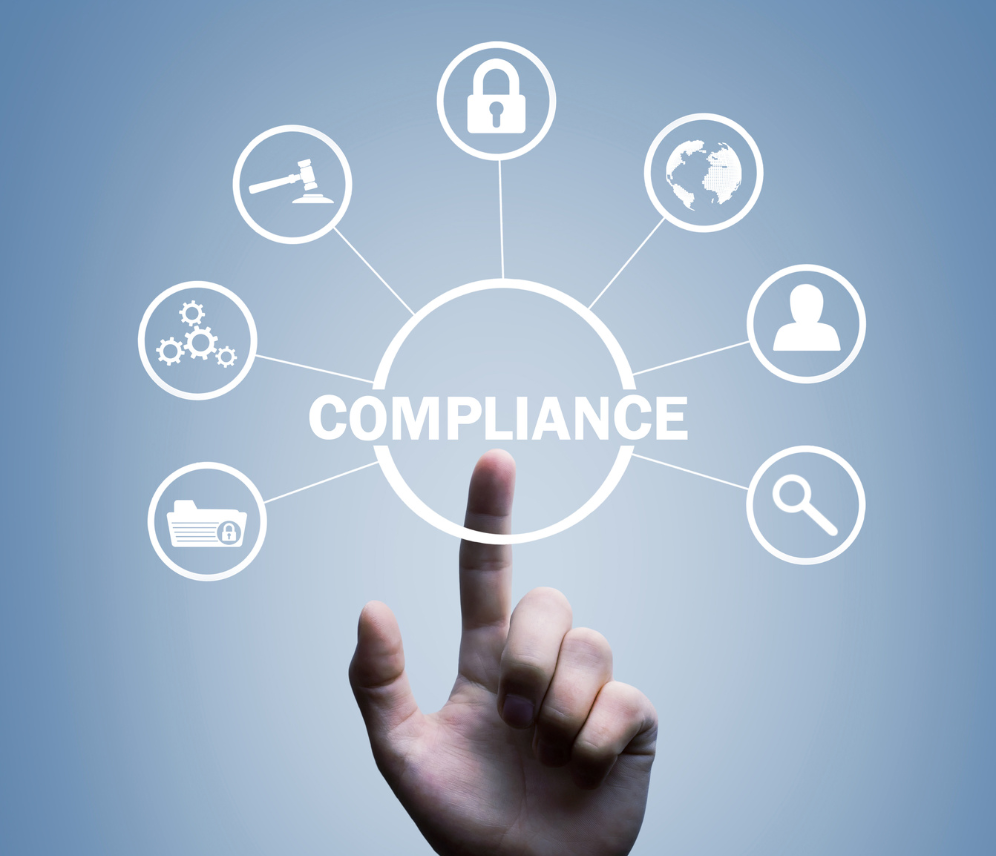ISO 13485 Global Certification Testing for Medical Devices
The ISO 13485 certification is a quality management system standard specifically designed for the medical device industry. It sets out the requirements to ensure that companies can provide safe and effective products, meeting regulatory requirements while also fostering continuous improvement in processes, practices, and performance.
This global standard is recognized by various countries and regulatory bodies worldwide, including those in Europe (Notified Bodies), USA (FDA), Canada (Health Canada), Japan (MHLW/Pharmaceuticals and Medical Devices Agency), Australia/New Zealand (TGA/ANZ). Compliance with ISO 13485 is mandatory for the majority of medical devices before they can be sold or marketed in these regions.
The certification process involves several stages, including:
- Assessment of management systems
- Evaluation of design and development processes
- Review of manufacturing practices
- Verification of post-market surveillance procedures
At Eurolab, our experienced team ensures that the testing and certification process is conducted with precision, ensuring compliance with international standards. We use state-of-the-art equipment to conduct rigorous tests on medical devices.
The scope of ISO 13485 covers all aspects of a company’s operations related to the design and development, production, packaging, installation, and servicing of medical devices or systems intended for human use. This includes:
- Device safety
- Usability
- Effectiveness
- Environmental impact
- Risk management processes
- User training requirements
The process begins with a thorough assessment of the company's quality system. This involves reviewing documentation, conducting interviews, and performing on-site audits to ensure that all aspects of the quality management system are compliant.
Following this initial assessment, Eurolab works closely with the client to identify any areas where improvements can be made. We provide detailed reports highlighting these findings, along with recommendations for corrective actions.
Once the necessary corrections have been implemented, we conduct a second audit to verify that all issues have been resolved satisfactorily. Only after successful completion of this stage will certification be granted.
The benefits of achieving ISO 13485 certification extend beyond just meeting regulatory requirements. It also enhances a company's reputation among customers and stakeholders, demonstrating commitment to quality and safety standards.
Eurolab Advantages
At Eurolab, we understand the importance of obtaining ISO 13485 certification for medical devices. That’s why we offer a range of advantages tailored specifically for this service:
- Expertise and Experience: Our team consists of highly skilled professionals with extensive experience in medical device testing.
- State-of-the-Art Equipment: We utilize cutting-edge technology to ensure accurate and reliable test results.
- Comprehensive Support: From initial consultation through final certification, we provide comprehensive support throughout the entire process.
- Regulatory Knowledge: Our team keeps abreast of all relevant regulations and guidelines, ensuring that our clients remain compliant at all times.
- Timely Delivery: We understand how important it is to meet strict deadlines. That’s why we strive to deliver high-quality results in record time.
- Cost-Effective Solutions: While maintaining the highest standards of quality, our pricing remains competitive and cost-effective.
We pride ourselves on offering a seamless service that helps our clients achieve their goals efficiently and effectively. Contact us today to learn more about how Eurolab can assist you in obtaining ISO 13485 certification for your medical devices.
Customer Impact and Satisfaction
Obtaining ISO 13485 certification significantly enhances a company’s reputation, which translates directly into increased customer trust and satisfaction. Here are some ways in which customers benefit from working with certified companies:
- Better Product Quality: Certified manufacturers adhere strictly to rigorous quality control measures, resulting in higher product reliability and performance.
- Increased Market Access: With ISO 13485 certification, companies can enter new markets more easily, as they meet the requirements set by various regulatory bodies around the world.
- Enhanced Customer Confidence: When customers know that a product has been certified to international standards, it increases their confidence in purchasing and using the product.
- Better Risk Management: Certified companies have robust risk management processes in place, which helps protect both consumers and manufacturers from potential liabilities.
In addition to these benefits for customers, there are also advantages for the manufacturers themselves. They include:
- Improved Efficiency: By implementing best practices during certification preparation, companies can streamline their internal processes, leading to increased productivity.
- Reduced Costs: While some upfront costs may be involved, long-term savings result from fewer compliance issues and smoother operations.
- Better Reputation: A strong reputation built on quality is invaluable in today’s competitive market. ISO 13485 certification adds significant weight to a brand name.
These factors combined contribute greatly to customer satisfaction, fostering long-term relationships and loyalty.
International Acceptance and Recognition
The global nature of the medical device market means that compliance with ISO 13485 is essential for manufacturers aiming to sell their products internationally. Here’s a brief overview of where this certification is accepted:
- European Union (EU): All medical devices intended for sale in EU member states must comply with the MDD (Medical Devices Directive) or IVDR (In Vitro Diagnostic Medical Devices Regulation).
- United States (US): The FDA requires manufacturers to demonstrate compliance with ISO 13485 as part of its Quality System Regulation (QSR).
- Canada: Health Canada recognizes ISO 13485 as the basis for the quality system requirements outlined in its Medical Device Regulations.
- Australia and New Zealand: The TGA/ANZ accepts ISO 13485 as part of their regulatory framework.
- Japan: While not mandatory, compliance with ISO 13485 is highly regarded by Japanese authorities when assessing the quality systems of foreign companies.
In summary, achieving ISO 13485 certification opens up numerous opportunities for medical device manufacturers looking to expand their global presence. It demonstrates a commitment to excellence that resonates with both regulators and consumers alike.





